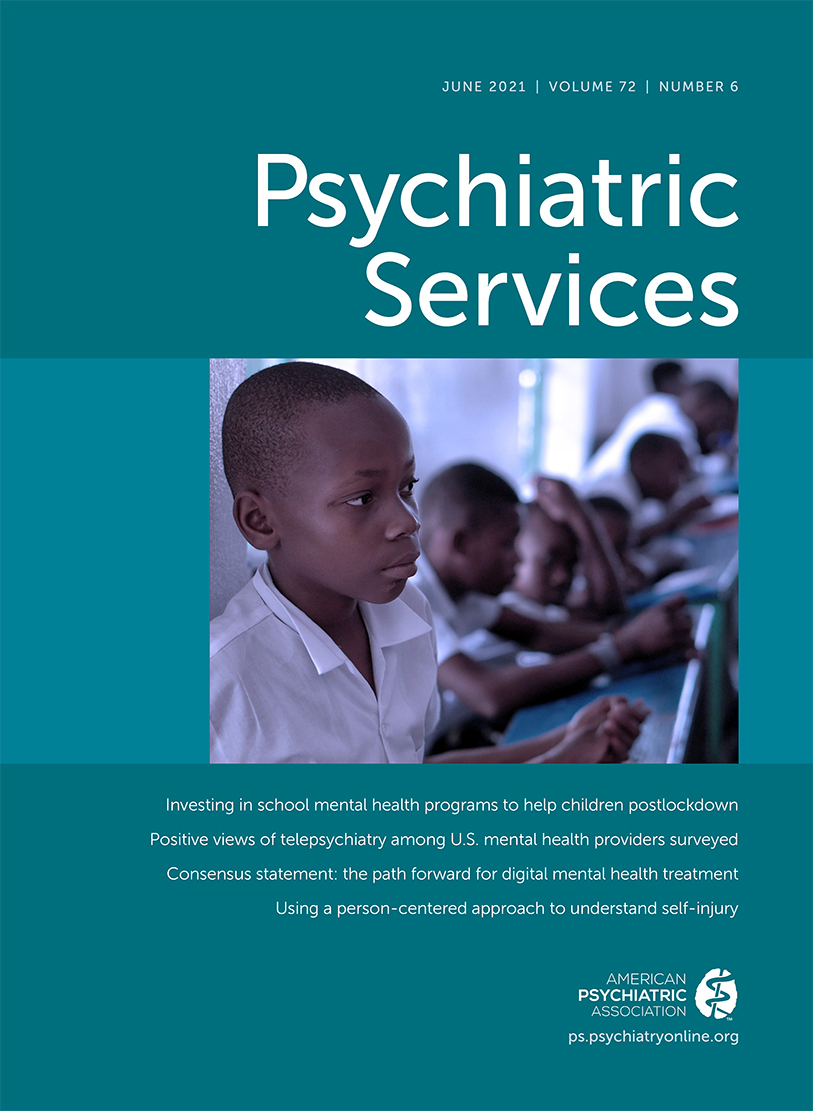Implementing Person-Centered Care Planning: A Randomized Controlled Trial
Abstract
Objective:
Person-centered care is a key quality indicator and central to promoting integrated and recovery-oriented services. Person-centered care planning (PCCP) is a manualized intervention promoting the collaborative cocreation of a recovery-oriented care service plan on the basis of an individual’s most valued life goals. This cluster randomized controlled trial tested the effect of PCCP training on person-centered care delivery in community mental health clinics.
Methods:
Fourteen clinic sites were randomly assigned to receive either PCCP training (N=7; experimental condition) or service planning as usual (N=7; control condition). Data were collected from online surveys, and service plans were completed by 60 provider teams. The Person-Centered Care Planning Assessment Measure was administered via chart review at baseline, 12 months, and 18 months, and surveys were used to measure supervision, implementation leadership, and program type. The main effect was examined with linear mixed-effects regression models, with observations over time.
Results:
Analyses controlling for service user and program characteristics revealed that at 12 months, the group assigned to PCCP training showed significant improvements in delivering person-centered care compared with the control group (b=1.10, SE=0.50, p=0.03). At 18 months, this effect was even more pronounced (b=1.47, SE=0.50, p=0.01), representing a medium-to-large effect size of d=0.71 (95% confidence interval=0.23–1.20).
Conclusions:
These findings indicate that training providers in PCCP increases provider competency in delivering person-centered care. Using an objective measure of person-centered care, the authors show that a comprehensive training strategy can target both the philosophical shift and the technical skills needed to promote client recovery.



